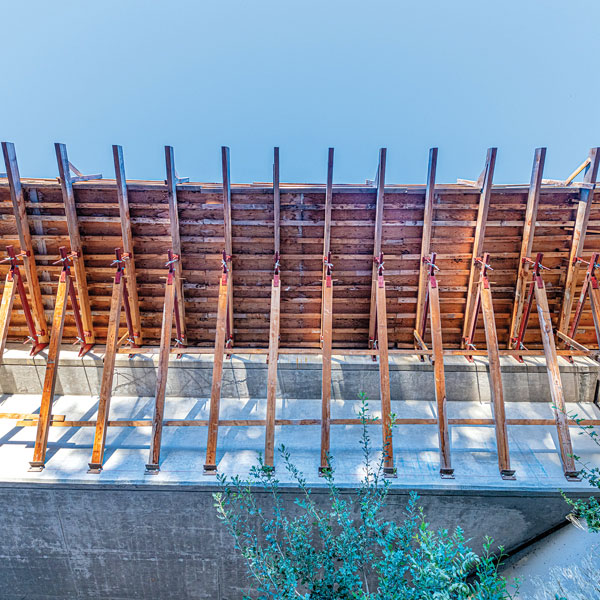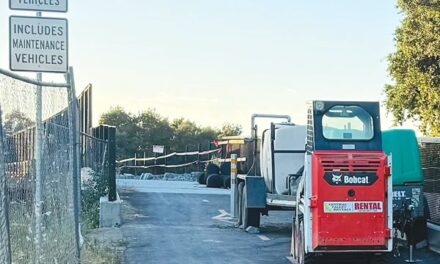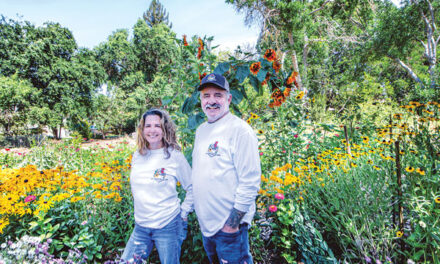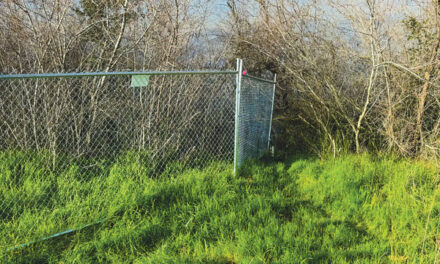One difference between City Hall today and a dozen years ago when I worked there is we tried to follow the law.
I can’t say we followed every rule to black-letter perfection. But we respected our civic duties. Most of the time.

OK, we took liberties with personal phones. We pretended anything texted or emailed on our private, non-city phone accounts was off-limits to snoops who file public records requests.
We were wrong to hide city business on personal phones. We broke the rules. Shame on us.
These days, City Hall is far more brazen when it comes to violating state laws that guarantee public access to public documents.
Now if the city doesn’t like your records request, the strategy is to stall and make up reasons to hide information. A favorite trick is to bury embarrassing material under a tombstone called “exempt” communications.
What’s an “exempt” communication? Anything the city wants to conceal.
Public records aren’t complicated. They include texts, emails, reports, phone logs, agreements, meeting notes and photos produced by bureaucrats, consultants, contractors and elected officials doing public business.
For the past six months, my friend Jim Geary has tried to obtain city documents about the Interstate 5 Land Park bicycle bridge fiasco.
The city continues to play games with Jim. First, he was told there’s nothing to see. Case closed. Then he was informed there might be records. But only “non-exempt” records.
You know about the bridge. It’s supposed to connect the Sacramento River Parkway levee bike trail with the Del Rio Trail. The $12 million structure is next to a 1970s railroad span over the freeway and Riverside Boulevard near Land Park.
When the bike bridge was supposed to open last summer, the city realized something was wrong. Officials examined the new span and discovered—surprise!—inferior concrete and rebar.
What to do? Tear the bridge down and start over, the city told the contractor.
My friend Jim is a retired lawyer with a curious mind. He figured there must be bridge documents swirling around City Hall that would make interesting if not incriminating reading.
Jim wants to know how the city blundered into the bridge mess. He wants to know who’s responsible.
He—and everyone reading this—has a right to those records. State law falls heavily on disclosure’s side.
Residents have a right to learn how their city allowed unacceptable concrete and rebar to find its way across a 10-lane freeway. Citizens have a right to know why months passed before anyone figured out something was wrong.
When Jim began chasing documents, the city posted a public notice: “We understand the frustration and desire for greater communication and transparency, but we also need to manage legal risks in disclosing information prematurely.”
Jim smelled a rat. He says, “‘Legal risks’ is simply a scam to avoid disclosure. How can there be a risk of disclosure of communication between the city and the bridge builder, other than the risk to make the city look bad?”
He reviewed the California Public Records Act and confirmed his suspicions. The law says, “A document is protected from disclosure only if it was specifically prepared for use in litigation.”
Jim wants records dating back several months. None were prepared for litigation purposes.
The city’s “legal risk” makes disclosure essential. Jim tells me, “The public interest in the activities of a public agency is quite likely to be highest when the agency is being sued. That is exactly the time when members of the public become aware of possible misdeeds or undesirable practices on the part of the agency.”
The city’s refusal to release embarrassing documents about the bike bridge—excuses cloaked in garbage about “non-exempt” communications and “legal risks”—is a coverup.
A dozen years ago at City Hall, we hid political stuff on personal phones. We burned some bridges. But never across a freeway.
R.E. Graswich was special assistant to Mayor Kevin Johnson 2009–2012. He can be reached at regraswich@icloud.com. Follow us on Facebook and Instagram: @insidesacramento.
















